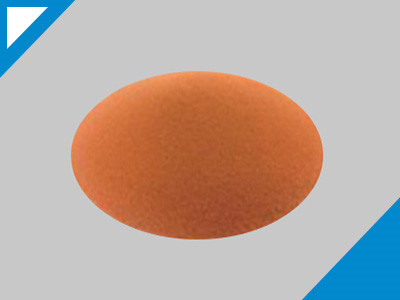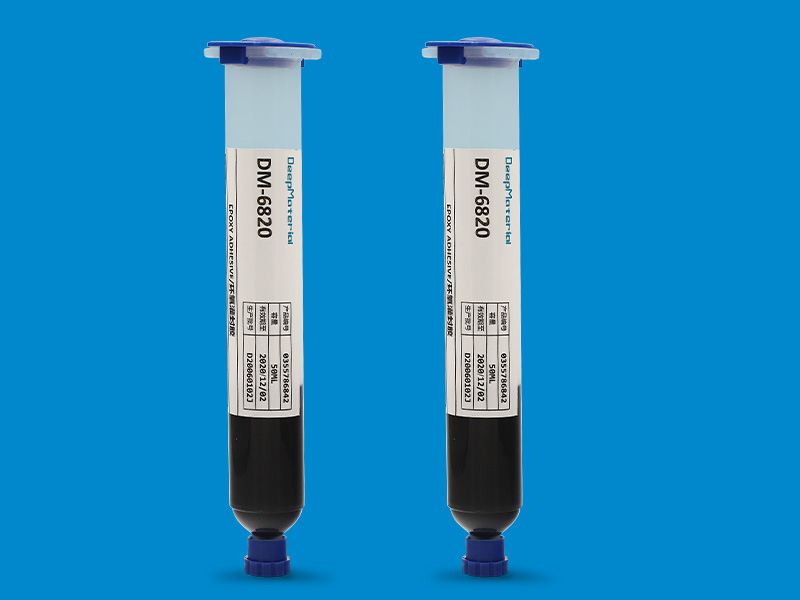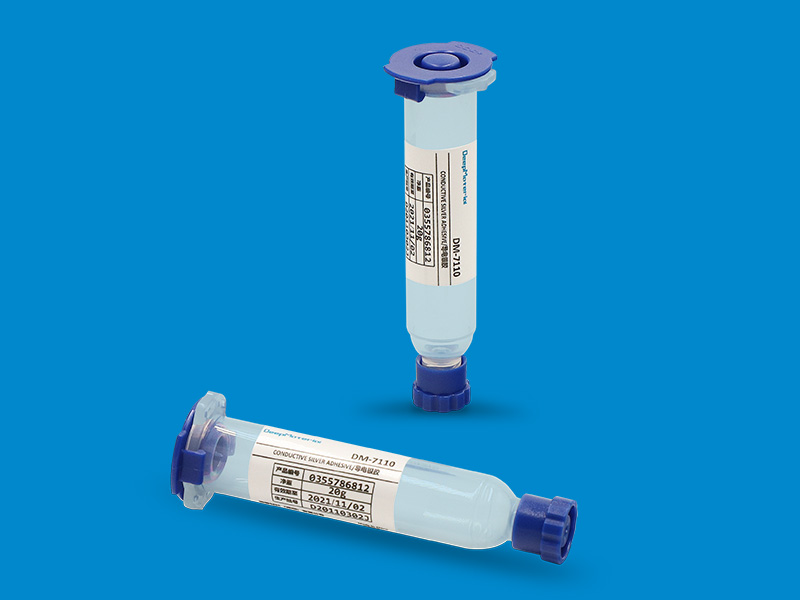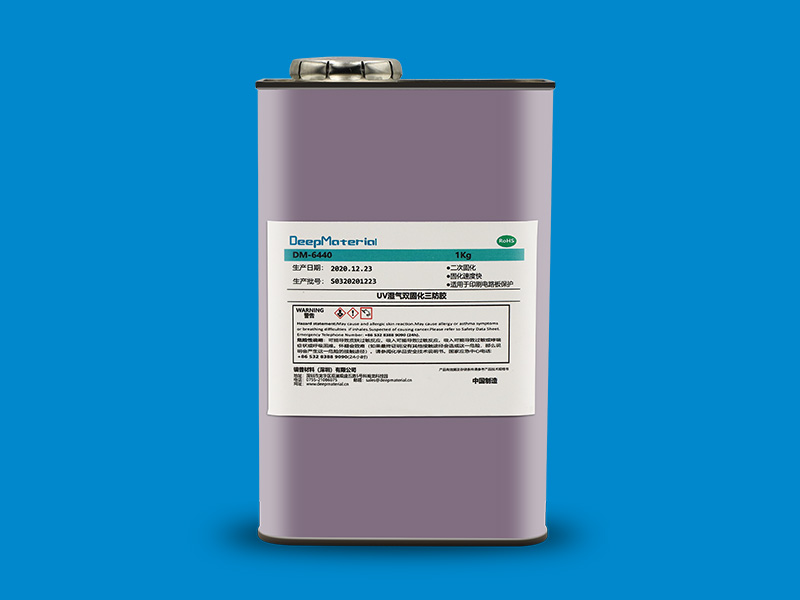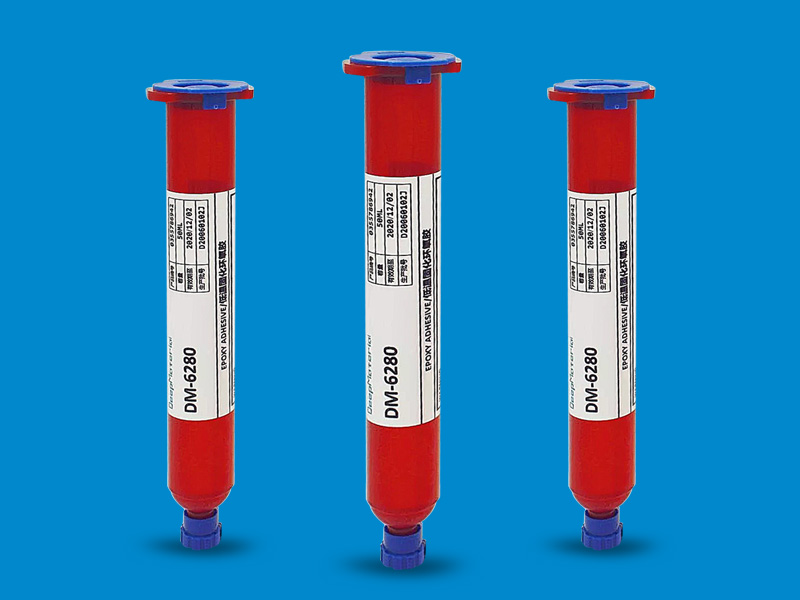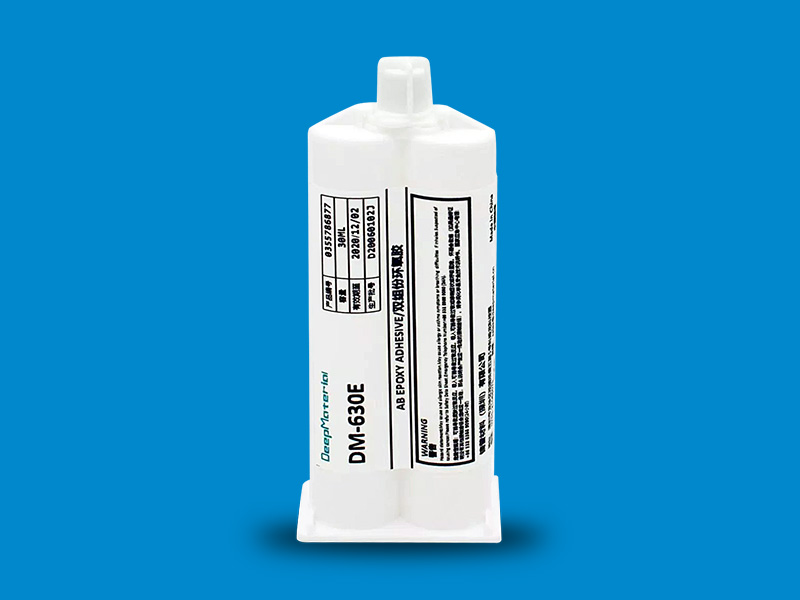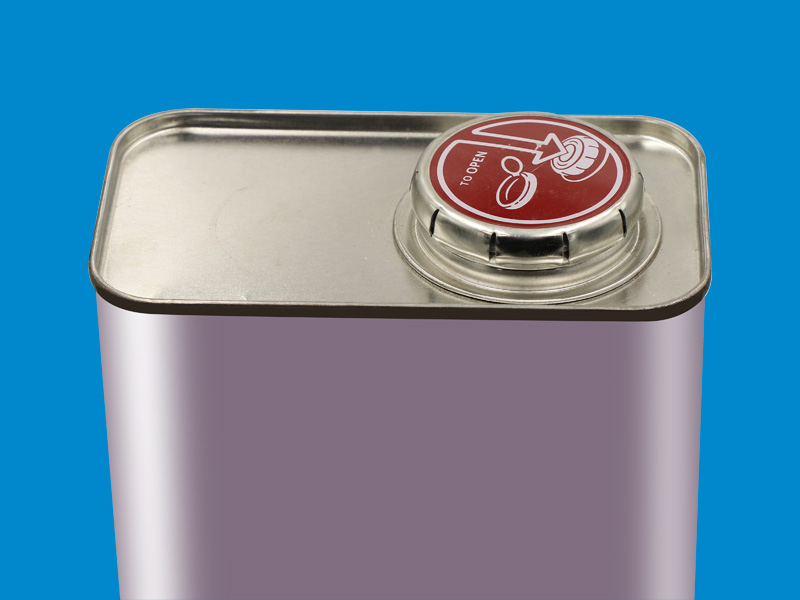Understanding the Importance of UV Encapsulant in Solar Panel Manufacturing
Understanding the Importance of UV Encapsulant in Solar Panel Manufacturing
Solar panel manufacturing is a complex process that involves various components and materials. One of the key components in solar panel manufacturing is the UV encapsulant. UV encapsulant plays a crucial role in protecting solar panels from environmental factors and ensuring their durability and efficiency. In this article, we will explore the importance of UV encapsulant in solar panel manufacturing and its impact on the overall performance and lifespan of solar panels.

What is UV Encapsulant and How Does it Work?
UV encapsulant is a material that is used to protect solar panels from external factors such as UV radiation, moisture, and temperature fluctuations. It is a transparent layer that is applied to the surface of solar panels to provide a protective barrier. UV encapsulant works by absorbing and dissipating the harmful UV radiation, preventing it from reaching the sensitive components of the solar panel.
The encapsulant also acts as a sealant, preventing moisture from entering the solar panel and causing damage. It also helps to maintain the structural integrity of the solar panel by providing support and preventing the cells from shifting or cracking. Overall, UV encapsulant plays a vital role in ensuring the long-term performance and reliability of solar panels.
The Role of UV Encapsulant in Solar Panel Durability
Durability is a critical factor in solar panel manufacturing as solar panels are exposed to various environmental conditions throughout their lifespan. UV encapsulant plays a significant role in enhancing the durability of solar panels. It acts as a protective layer, shielding the solar cells from external factors such as UV radiation, moisture, and temperature fluctuations.
UV radiation can cause degradation of the solar cells over time, leading to a decrease in efficiency and performance. The UV encapsulant absorbs and dissipates the harmful UV radiation, preventing it from reaching the solar cells and causing damage. This helps to maintain the performance and efficiency of the solar panels over an extended period.
Additionally, moisture can also be detrimental to the performance of solar panels. Moisture can seep into the solar panel and cause corrosion or damage to the electrical components. The UV encapsulant acts as a sealant, preventing moisture from entering the solar panel and protecting the internal components from damage.
How UV Encapsulant Protects Solar Panels from Environmental Factors
Solar panels are exposed to various environmental factors that can damage their performance and lifespan. UV encapsulant plays a crucial role in protecting solar panels from these factors. Some of the environmental factors that can damage solar panels include UV radiation, moisture, temperature fluctuations, and physical impact.
UV radiation is one of the primary factors that can degrade the performance of solar panels over time. The UV encapsulant absorbs and dissipates the harmful UV radiation, preventing it from reaching the solar cells and causing damage. This helps to maintain the efficiency and performance of the solar panels.
Moisture can also be detrimental to the performance of solar panels. Moisture can seep into the solar panel and cause corrosion or damage to the electrical components. The UV encapsulant acts as a sealant, preventing moisture from entering the solar panel and protecting the internal components from damage.
Temperature fluctuations can also impact the performance of solar panels. Extreme temperatures can cause the solar cells to expand or contract, leading to cracks or damage. The UV encapsulant helps to maintain the structural integrity of the solar panel by providing support and preventing the cells from shifting or cracking.
Physical impact, such as hail or debris, can also damage solar panels. The UV encapsulant acts as a protective layer, absorbing and dissipating the impact energy, preventing it from reaching the solar cells and causing damage.
The Importance of UV Encapsulant in Solar Panel Efficiency
Efficiency is a critical factor in solar panel manufacturing as it determines how effectively the solar panel converts sunlight into electricity. UV encapsulant plays an important role in maintaining the efficiency of solar panels.
UV radiation can cause degradation of the solar cells over time, leading to a decrease in efficiency and performance. The UV encapsulant absorbs and dissipates the harmful UV radiation, preventing it from reaching the solar cells and causing damage. This helps to maintain the efficiency and performance of the solar panels over an extended period.
Additionally, the UV encapsulant also helps to reduce reflection and increase light absorption by the solar cells. This further enhances the efficiency of the solar panels by maximizing the amount of sunlight that is converted into electricity.
Overall, UV encapsulant plays a crucial role in maintaining the efficiency of solar panels and ensuring that they continue to generate electricity at optimal levels.
The Impact of UV Encapsulant on Solar Panel Lifespan
Lifespan is an important consideration in solar panel manufacturing as it determines how long the solar panels will continue to generate electricity. UV encapsulant plays a significant role in extending the lifespan of solar panels.
UV radiation can cause degradation of the solar cells over time, leading to a decrease in efficiency and performance. The UV encapsulant absorbs and dissipates the harmful UV radiation, preventing it from reaching the solar cells and causing damage. This helps to maintain the performance and efficiency of the solar panels over an extended period, thereby extending their lifespan.
Additionally, the UV encapsulant also acts as a sealant, preventing moisture from entering the solar panel and causing damage to the internal components. Moisture can lead to corrosion or damage to the electrical components, which can significantly reduce the lifespan of the solar panels. The UV encapsulant helps to protect the internal components from moisture damage, thereby extending the lifespan of the solar panels.
Future Developments in UV Encapsulant Technology for Solar Panels
Research and development in UV encapsulant technology for solar panels are ongoing, with a focus on improving the performance, durability, and efficiency of solar panels. Some of the potential future advancements in UV encapsulant technology include the development of new materials with enhanced properties, such as higher resistance to UV radiation and better adhesion strength.
There is also ongoing research on the development of encapsulant materials that can self-heal or repair themselves when damaged. This could help to extend the lifespan of solar panels by reducing the need for maintenance or replacement.
Furthermore, advancements in manufacturing techniques and processes are also being explored to improve the efficiency and cost-effectiveness of UV encapsulant application. This includes the development of new application techniques that can reduce processing time and improve the quality and uniformity of the encapsulant layer.

Wrapping It Up
In conclusion, UV encapsulant plays a crucial role in solar panel manufacturing by protecting solar panels from environmental factors, enhancing their durability and efficiency, and extending their lifespan. UV encapsulant acts as a protective layer, shielding the solar cells from UV radiation, moisture, temperature fluctuations, and physical impact. It also helps to maintain the efficiency of the solar panels by maximizing light absorption and reducing reflection.
For more about understanding the importance of UV encapsulant in solar panel manufacturing, you can pay a visit to DeepMaterial at https://www.electronicadhesive.com/about/ for more info.


